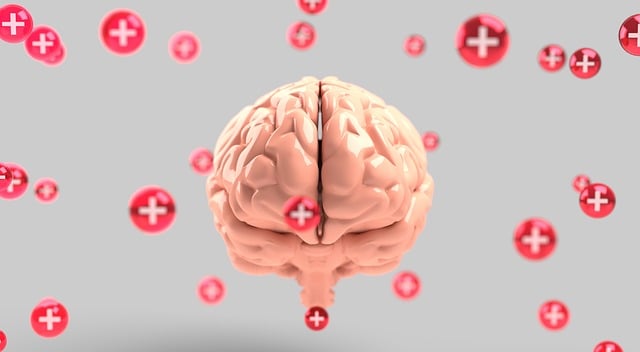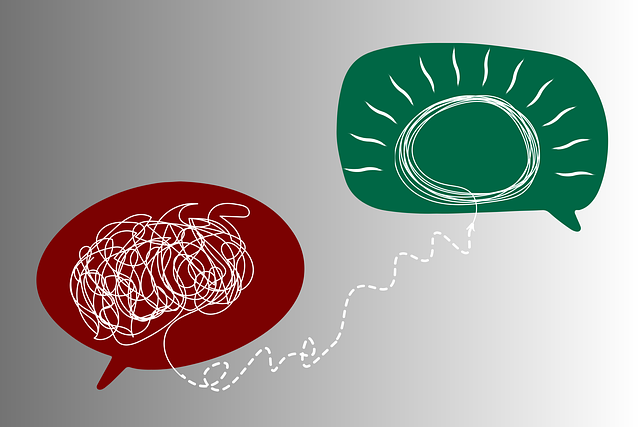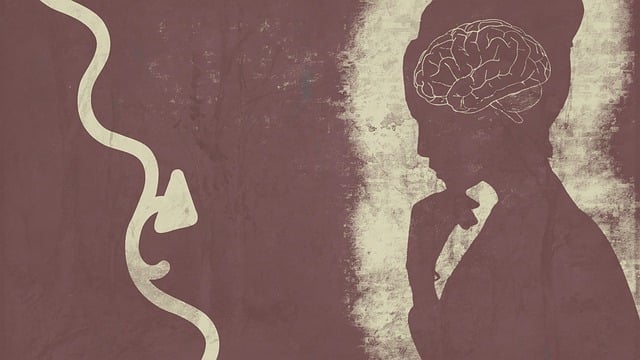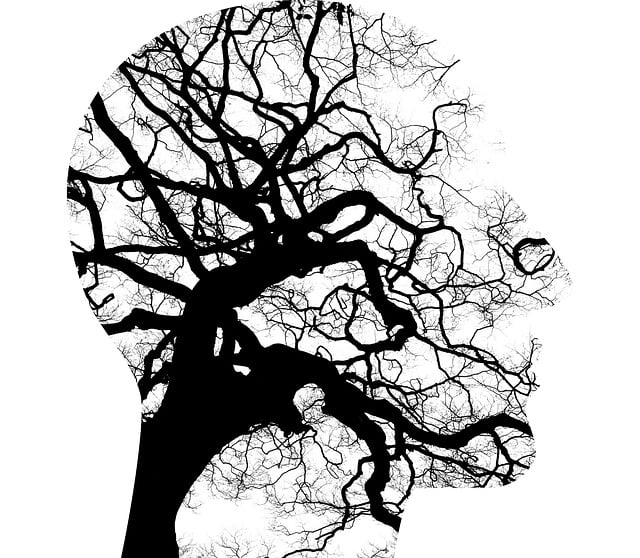Mental health professionals at Wheat Ridge Abuse Survivors Therapy (WRAST) employ comprehensive risk assessment strategies to navigate complex client needs, prioritizing safety and effective therapy. They consider past traumas, psychological states, and environmental factors to create safe environments fostering resilience and healing. Key approaches include cultural competency training, Mental Wellness Coaching Programs, trauma support services, strict protocols for abuse reporting and confidentiality protection, ethical frameworks, compassion cultivation practices, regular policy updates, robust screening, open communication, crisis intervention protocols, evidence-based interventions, self-esteem improvement techniques, personalized coaching programs, and stress management workshops. Staying vigilant through regular protocol reviews ensures effective risk mitigation and enhanced patient outcomes.
Mental health professionals are tasked with balancing patient care and safety. This article delves into essential risk assessment practices, focusing on a nuanced approach for therapists treating Wheat Ridge Abuse Survivors. We explore key components like understanding risk assessment as a cornerstone of mental health practice, identifying unique risks within this specific therapy context, and navigating ethical considerations. Additionally, we cover creating comprehensive risk management plans, continuous monitoring, and mitigation strategies to ensure optimal patient outcomes.
- Understanding Risk Assessment: A Cornerstone for Mental Health Practice
- Identifying Potential Risks in Wheat Ridge Abuse Survivors Therapy
- Ethical Considerations and Legal Obligations for Mental Health Professionals
- Creating a Comprehensive Risk Management Plan
- Continuous Monitoring, Evaluation, and Mitigation Strategies
Understanding Risk Assessment: A Cornerstone for Mental Health Practice

Mental health professionals play a crucial role in assisting individuals to navigate their mental wellness journeys. Central to this role is risk assessment – a process that involves careful consideration and evaluation of potential risks and hazards within the therapeutic environment. Understanding risk assessment is akin to holding a compass when navigating uncharted territories; it guides professionals in making informed decisions, ensuring client safety, and fostering effective therapy.
At Wheat Ridge Abuse Survivors Therapy, we recognize that mental health practice involves intricate complexities and diverse populations. Our professionals are adept at conducting thorough risk assessments, factoring in elements such as past traumatic experiences, current psychological states, and environmental influences. By integrating communication strategies and self-care practices, we mitigate potential risks, promote resilience, and create a secure space for healing to flourish.
Identifying Potential Risks in Wheat Ridge Abuse Survivors Therapy

Identifying potential risks is a critical component of risk assessment for mental health professionals working with Wheat Ridge Abuse Survivors Therapy (WRAST) clients. Survivors of abuse often face complex and unique challenges, including emotional trauma, post-traumatic stress disorder (PTSD), anxiety, depression, and substance abuse. These individuals may have experienced physical, emotional, or sexual trauma, which can lead to long-lasting psychological effects. As such, mental health professionals must be vigilant in recognizing the signs of potential risks within this population.
One significant risk area is the potential for re-traumatization during therapy sessions. Since WRAST clients are still healing from past traumas, triggering events or discussions could have severe consequences. Healthcare provider cultural competency training is essential to ensure therapists understand and respect the diverse backgrounds and experiences of their clients. Additionally, Mental Wellness Coaching Programs Development can offer strategies to support survivors in managing their mental health effectively while navigating the therapeutic process. Trained professionals can create a safe and supportive environment, fostering resilience and promoting healing through Trauma Support Services tailored to each client’s unique needs.
Ethical Considerations and Legal Obligations for Mental Health Professionals

Mental health professionals are bound by a complex web of ethical considerations and legal obligations that are essential to ensuring safe and effective therapy. In the event of suspected abuse or harm, such as those encountered in cases involving Wheat Ridge Abuse Survivors Therapy, therapists must adhere to strict protocols. This includes reporting suspected maltreatment, protecting client confidentiality while balancing legal requirements, and maintaining a high level of professional integrity. Failure to meet these obligations can result in severe consequences, including legal repercussions and damage to the therapist’s reputation.
The ethical framework for mental health practice often emphasizes principles like beneficence, non-maleficence, autonomy, and justice. These foundational values guide therapists in their interactions with clients, influencing decision-making processes during risk assessments. Moreover, the development of Mental Wellness Coaching Programs and implementation of Compassion Cultivation Practices play a pivotal role in fostering a therapeutic environment that prioritizes both client well-being and professional accountability.
Creating a Comprehensive Risk Management Plan

In developing a comprehensive risk management plan for mental health professionals, particularly those at Wheat Ridge Abuse Survivors Therapy, it’s crucial to encompass a multi-faceted approach that addresses potential hazards and promotes patient safety. This involves regularly reviewing and updating policies, procedures, and staff training programs to ensure alignment with best practices in the field. A robust plan should include strategies for identifying and mitigating risks, such as implementing robust screening mechanisms for both patients and colleagues, fostering an open communication culture where individuals feel safe discussing concerns, and establishing clear protocols for crisis intervention and de-escalation techniques.
Encouraging clients to engage in mental wellness journaling exercises and providing guidance on positive thinking strategies can also be integrated into the risk management framework. These practices not only empower patients with tools to manage their mood but also offer additional layers of support within the therapeutic setting. By combining robust risk assessment and mitigation tactics, continuous training, and evidence-based interventions like Mood Management and Mental Wellness Journaling Exercise Guidance, Wheat Ridge Abuse Survivors Therapy can create a safe and supportive environment conducive to healing and recovery.
Continuous Monitoring, Evaluation, and Mitigation Strategies

Mental health professionals must adopt a proactive approach to risk assessment and management, ensuring continuous monitoring and evaluation of potential hazards within their practice settings. Regularly updating risk assessment protocols is essential, especially considering the evolving nature of patient needs and emerging research in mental health care. By implementing effective mitigation strategies, professionals can create safer environments that foster healing and growth. This includes integrating Self-Esteem Improvement techniques, designing Mental Wellness Coaching Programs tailored to individual client needs, and organizing Stress Management Workshops to equip both practitioners and clients with coping mechanisms.
A key aspect of this continuous process is staying vigilant for signs of distress or potential harm, whether in patients or within the therapeutic environment itself. For instance, Wheat Ridge Abuse Survivors Therapy centers should regularly review their protocols to address any new insights into trauma healing, ensuring that interventions remain effective and compassionate. Through dynamic risk assessment and adaptive mitigation strategies, mental health professionals can enhance patient outcomes and create resilient, supportive spaces where individuals can safely navigate their journeys towards mental wellness.
Mental health professionals play a vital role in assisting individuals, especially those who have experienced trauma like Wheat Ridge Abuse Survivors, on their path to recovery. To ensure effective and ethical practice, understanding risk assessment is essential. By identifying potential risks, adhering to legal obligations, and implementing comprehensive risk management strategies, therapists can create a safe and nurturing environment. Continuous monitoring and adaptive mitigation are key to supporting clients’ well-being and maintaining the highest standards of care in this sensitive field.














